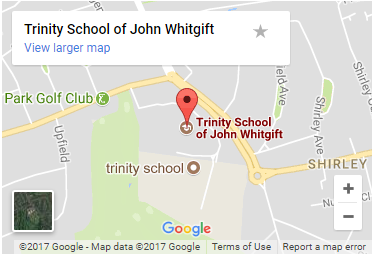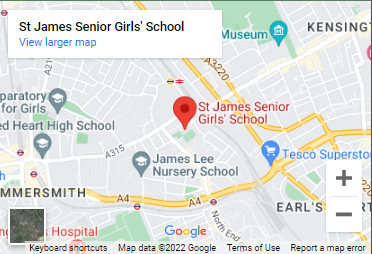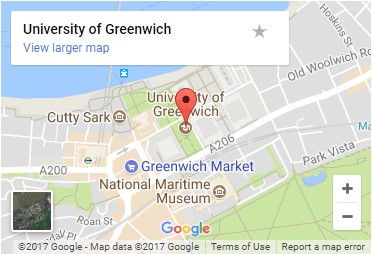Details of the iFlex
What is the GCSE sciences iFlex?
A programme where students receive live video lessons online, have access to learning materials to reinforce their knowledge, practise questions and receive meaningful feedback from competent tutors. Each GCSE science subject is arranged in modules, so each student can progress at his or her own pace.
More details about the course
This is a new, innovative GCSE course designed to transform the teenager’s performance in the science subjects. The GCSE Science iFlex is engineered by professional teachers with a proven track record of helping teenagers to achieve top grades in Physics, Chemistry and Biology at GCSE and A-level.
One of the things that is perhaps unique about this course is that it places great emphasis on matching the right tutor/teacher to the individual students.
The most basic requirement of a good teacher or tutor is subject knowledge, which not only has to be sound at that level but must be higher than at the level they seek to teach. Having a higher-level knowledge is the only way they can teacher particularly gifted students, or those young people who are just curious.
Other salient competence measures include enthusiasm for the subject and being a good communicator. With those two criteria in place, learning is more enjoyable and fun for the teacher.
In the most part, the science subjects are knowledge based. This makes it easier for a student who is enthusiastic to want to learn and even go beyond the what the specification dictates to know in order to pass the exam. However, it can be dry at times, and this is where a catalyst may help to reinvigorate the young person. A good teacher is often that catalyst. Students often find this in one or two of their schoolteachers; however, there are many subjects in which students need to do well and it is unlikely that they will find the inspiration needed from the teacher in all their subjects. The reality is that, for many well-meaning teachers, factors such as the pressure they are under and the focus on getting their students through exams usually prevent them from appearing not as inspirational.
For students who are either just above average ability or well above, what often does the magic is a good tutor who can not only teach well but can also guide and inspire them.
The way the iFlex programme is designed is such that each student can move at his or her own pace. This is because the programme is module/topic-based and the student can use the set number of allocated taught lessons as he or she wishes. Meaning more time can be spent on topics or skills that the student finds more challenging. In addition to the taught lessons, students also have access to pre-recorded videos to reinforce their knowledge, and assessment materials for question practice.
Online- offline balance and digital detox!
It is rather ironic that an online course is preaching about digital detox, which sounds a bit like an oxymoron. The point being emphasised here is, whilst technology continues to advance and transform the way we work and learn, there are aspects of it that are potentially harmful to the end results. This is especially the case when we are speaking about teenagers. We are not talking here about overindulgence on social media and gaming but we are speaking about things such as behaviour whilst in an online lesson or too much typing of assignments and not enough handwriting.
In terms of the practicality and students’ everyday experience, the science iFlex course has been organised in a way that makes full use of new technology, whilst at the same time allowing the student to work and practise questions in a way that reflets how the examination is done.
Questions are not answered in the exam by typing. In this course, most question answering or problem solving is done by handwriting, using a digital pen and everything is stored straight in the cloud so there are no issues of lost work, “the dog ate my work” scenarios!
Students have access to questions to do after each topic is covered. These are cases when they are expected to print out the question paper and attempt the questions. They can then scan the completed work/answer script or take a picture and submit it for marking. Students who have the facility to handwrite by using a digital pen do not need to print out the questions.
The key point here is that handwriting the work is key, as it reflects how GCSE and A-level examinations are done. One must not overlook the issue of students losing marks in the exam because of bad handwriting or adjusting to the differential in the speeds of typing and handwriting.
Examinations in science subjects have not just qualitative analysis-type questions but also a high proportion of quantitative, which are easier and quicker to do by handwriting.
In this course, one-to-one teaching is done online via live videos. Homework assignments are set – including plenty of question practice. Work is marked and feedback provided.
Benefits
Live, one-to-one teaching by video
Tutors and teachers are competent, enthusiastic and are genuinely interested in the student
Work is set, with guidance to helpful resources
Flexibility in scheduling lessons
Being online means no worries about travelling issues
Result for the student
A gain in Competence
A gain in Confidence
Improved Grade at GCSE
Some features of the course and what the student gets
- Customised, live video one-to-one teaching
- Access to videos to reinforce knowledge
- Access to practice questions and assessments
- Access to solutions to questions, with in some cases step-by-step problem solving
- Handwritten work marked and feedback provided
- Flexibility in scheduling lessons
The Approach – CAN – Concept, Action, Nurture
We teach the concept, ensure the student takes action by practising questions, and we nurture by guiding, supporting and providing feedback
The process – how it’s done after a student has enrolled
- A Diagnostic Test
- Allocation of suitable tutor
- Feedback brief after the test
- Learning objectives set
- The lessons – teaching (on live video), question practice
- Access to MathsWatch for question practice
- Marking of work
- Feedback, tests; progress reports
Digital-Analogue balance – explanation
A hybrid of handwritten work and full technology for access and storage of work – handwriting. Problem solving is by writing with a pen, which reflects how the actual examination is done. At the same time, the handwriting is done through a digital pen, so everything is stored electronically.
Live video one-to-one lessons are delivered via Microsoft Teams or Zoom




